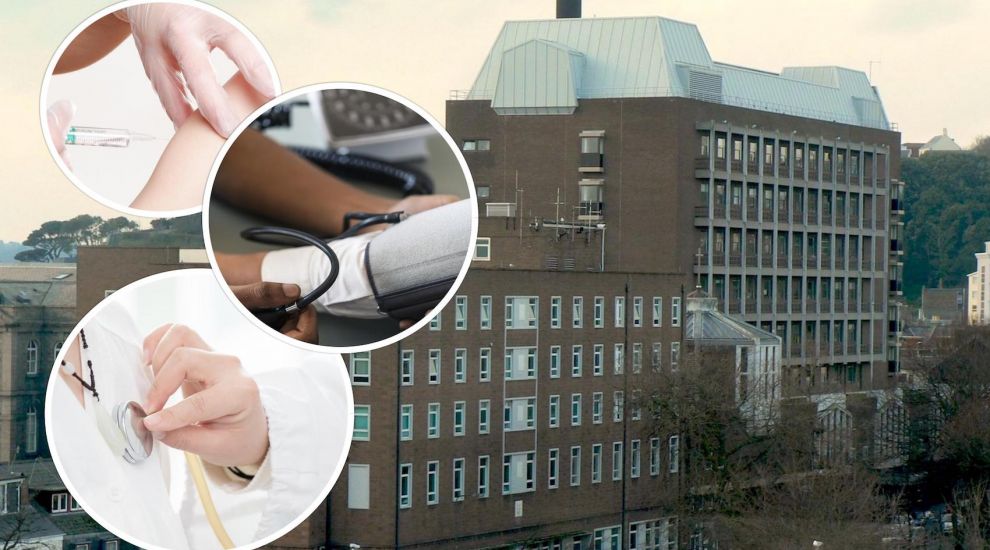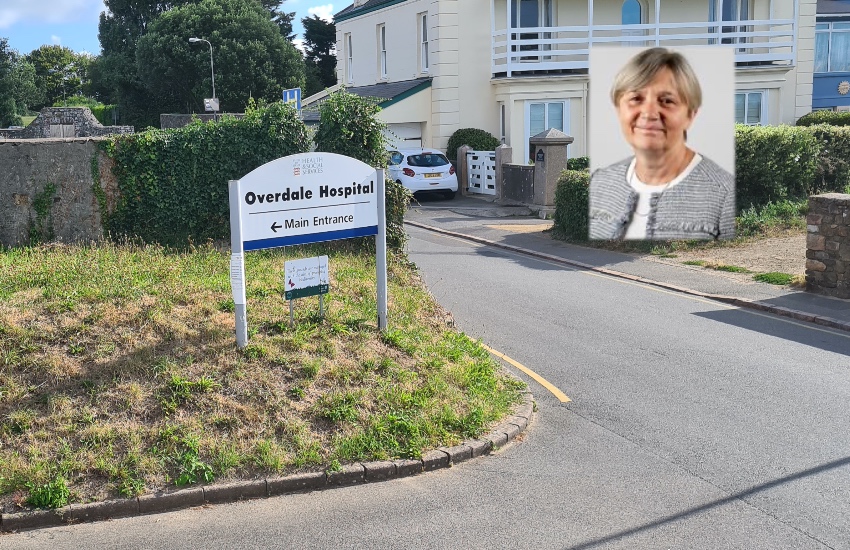

The blueprint for the future of Jersey's health service has been heavily criticised for being unclear on how it will actually work, lacking support from doctors, being too inflexible and showing "insufficient pace and rigour." It also warns that officials responsible for it are not being held to account.
The report by the Health Scrutiny Panel expresses concern that the proposed Jersey Care Model will make existing problems worse for the "already over-stretched workforce," and calls for an independent non-executive board to be set up to make sure health officials deliver it properly.
The Panel’s review outlines a total of 60 key findings and makes 21 recommendations.
The Jersey Care Model (JCM) is the key document setting out how primary care for islanders will change over the next five years, and has been used as part of the planning for the new hospital project.
It is intended to meet the changing healthcare needs of Islanders, as people are living longer and older people often have more complex health needs to manage, moving services that don’t need to be provided in the hospital, into the community.

Pictured: the Panel expressed concern that the island will be able to recruit the health staff it needs.
But the Health Scrutiny panel found that:
The Health Panel goes on to warn of a "significant deficit in the current health and social care workforce" and expresses concern that it won't be able to cope with the new demands: "we found that unless the JCM offer is significantly more attractive than offers elsewhere (including lifestyle, cost of living, affordable housing) Jersey will struggle to import the number and type of practitioners from all the clinical disciplines it requires to fulfil the needs of the Jersey Care Model."

Pictured: Deputy Mary Le Hegarat, Chair, Health and Social Security Panel, says that it is not clear how the JCM relates to the new hospital.
Deputy Mary Le Hegarat, Chair of the Health and Social Security Panel said, “Whilst the Panel supports the overarching proposals of the Jersey Care Model, we are disappointed to find the proposals lacking in important details at this stage, not least a thorough analysis of the impact the model is expected to have on service users and the health and social care workforce. Our recommendations, if accepted by the Minister for Health and Social Services, will address the concerns raised in our report. Unless this is the case, we lack confidence that the proposals are adequately informed to be given the green light at this time."
Among the 60 findings are two which directly query how the JCM will be funded:
"KEY FINDING 50: In order to deliver the Jersey Care Model, non-recurrent investment of £17m over a five-year period is required. In addition, the Jersey Care Model will require the implementation of several new services and expansion of existing out of hospital services which, over 16 years to 2036, will cost an estimated £679m."
"KEY FINDING 51: After investments, the Jersey Care Model is forecast to save £23 million per year by 2036. However, this will still leave a funding gap of a further £153m to mitigate. Efficiencies of approximately 1.8% per year will be required in order to be financially sustainable and the Panel has been assured that this level of efficiencies will be easily achievable."

Pictured: The Panel wants the Health Minister to agree all their recommendations, if they are going to support the JCM in the States.
The report also found that the proposed future funding plans were not supported by doctors:
"We found that the current approach to funding primary care is neither resilient nor sustainable. A capitation plus model has been proposed as the preferred primary care payment option to support the delivery of the JCM. In practical terms, a Capitation Plus model would mean that GP surgeries would receive an annual lump sum for taking care of a patient but, in addition, would receive a payment each time a GP saw a patient. However, we found that there did not appear to be wide support of the Capitation Plus model amongst Jersey’s GPs or that sufficient consultation was undertaken with the wider GP workforce, beyond the Primary Care Board."
Express has asked the Government for their response to the Health Panel's findings.
Comments
Comments on this story express the views of the commentator only, not Bailiwick Publishing. We are unable to guarantee the accuracy of any of those comments.